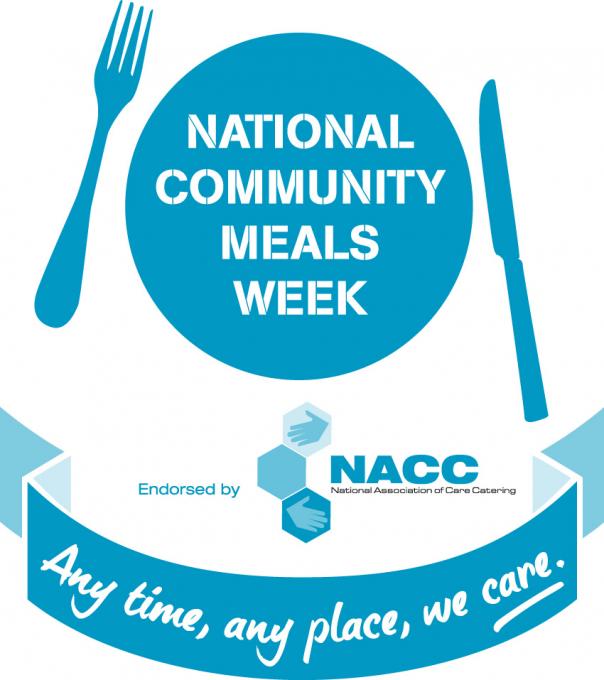
Starting in the south west Monday, November 10th, the community meals delivery vehicles taking part in the relay will clock up a combined figure of thousands of miles as each NACC region in turn attempts to cover as much of their area as possible on their allocated day.
The event will finish in Scotland Friday, November 14th.
Neel Radia, chair of NACC, said: “Community Meals service plays an important role in protecting and enriching the lives of the elderly and vulnerable in the community and it is vital that this service should be protected at all costs.
“The slogan for this year’s campaign ‘Any time, any place, we care’ encapsulates the reality that this vital service, whether delivered to the home or through day centres and luncheon clubs, is about much more than nutrition and hydration.
“It also serves a greater social role, addressing loneliness, social isolation, and safety and security in the home and community.
“The community meals service is vital as it keeps the vulnerable and elderly in the community nourished, socially independent, and most importantly in their homes for longer, thus potentially delaying or preventing unnecessary admissions to hospitals or care homes which are significantly more expensive.
“This year’s National Community Meals Week campaign is more important than ever as we start to see this essential service being reduced or in some cases ceased across the UK as a way of saving money.
“This misses the point that although in the short term money may be saved, in the long term poor nutrition, loneliness and isolation will lead to more hospital admissions.
“This will cost the tax payer more money and it won’t resolve the issue as the vicious cycle will continue once the person is discharged back home.”
Each NACC regional committee has committed to take up the challenge of the National Road Relay and has made plans to ensure that their day of the relay covers the maximum ground and delivers the community meals message to as many people as possible – including community representatives, local government officials, suppliers and care providers.